Never forget
On Sunday, two days before August 15, visitors flooded the Sihang Warehouse Battle Memorial near Shanghai's landmark Huangpu River, to commemorate the 86 anniversary of the Battle of Shanghai - one of the fiercest and bloodiest battles in the War of Resistance against Japanese Aggression (1931-45).
The memorial was built at the site of the Sihang Warehouse defense battle that took place in downtown Shanghai in October 1937. The defense battle was well known all over China and the world because of China's war epic The Eight Hundred, which once topped the global box office in 2020.
The memorial held a series of commemorative activities on the day to mark the 76th anniversary of the Battle of Shanghai, including showcases of themed choruses, instrumental ensembles, poetry recitations, and a history lecture.
"We hope those who visited the memorial and participated in the activities will know more about and remember the history [of the war]," the memorial's director Ma Youjiong told the Global Times.
Starting from the Japanese-initiated "September 18 Incident" in 1931, the Chinese people engaged in a relentless and arduous struggle against Japanese aggressors for 14 years. The War of Resistance against Japanese Aggression was an important component of the World Anti-Fascist War. The Chinese People's War of Resistance against Japanese Aggression was the earliest to start, the longest-lasting, and latest to end.
Having sustained military and civilian casualties numbering over 35 million, accounting for one third of total casualties during WWII, and suffering economic losses worth $600 billion as calculated according to 1937 rates, the Chinese people finally defeated the Japanese militarist invaders.
In Beijing, students who are in summer vacation pour into the Museum of the War of Chinese People's Resistance against Japanese Aggression, listening to the stories of the wartime history.
The exhibition hall is always bustling with activity. Many parents patiently and meticulously recount the stories to their children, allowing them to better appreciate the iconic artifacts and classic photographs on display. "I believe this is the best form of education," said Luo.
Located near the Lugou Bridge, where the invasion by the Japanese soldiers started in 1937, the museum is an important patriotic education center. It has a series of activities to commemorate August 15, as well as September 3, China's Anti-Japanese War Victory Day.
According to Luo, the museum will also air a live broadcast online, focusing on content related to August 15, 1945, when Japan announced its unconditional surrender and the Chinese people celebrated the victory of the War of Resistance against Japanese Aggression. On September 3, the museum will host volunteer themed musical activities.
The museum is also planning to invite students from the island of Taiwan, Hong Kong, and Macao special administrative regions to Beijing to visit the museum. "During the war, compatriots from all parts of China were united as one. The history of heroic struggle will help to enhance the emotional bond among these young students," Luo said.








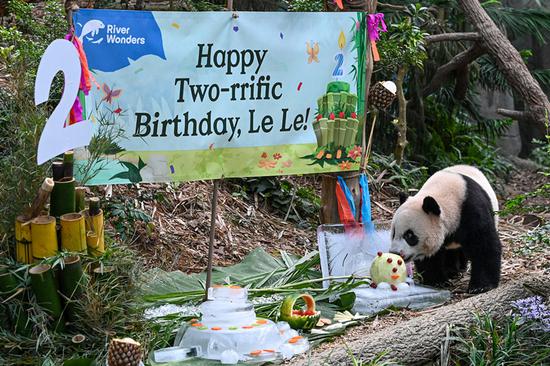
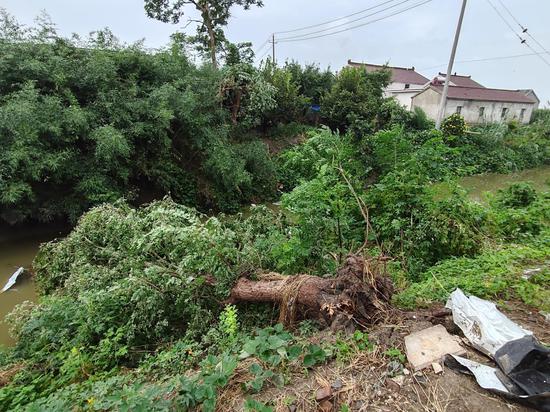

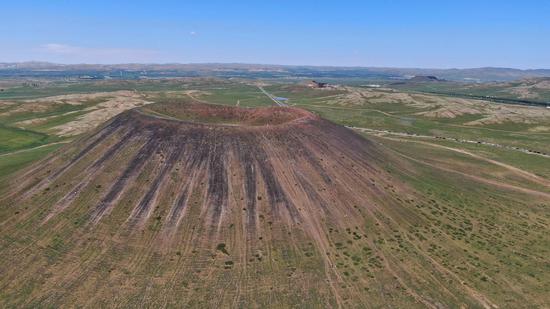
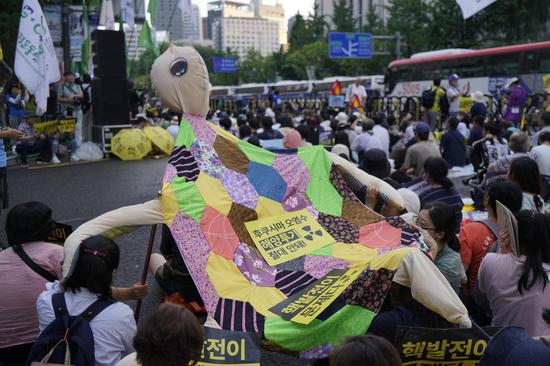
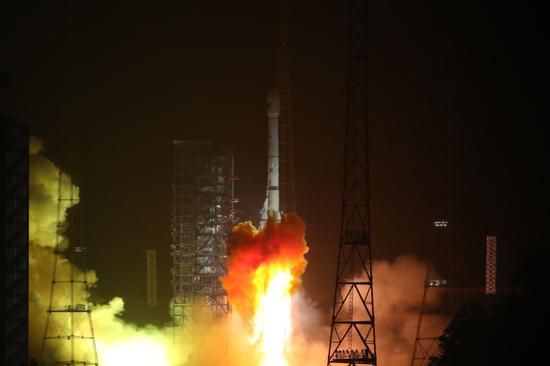
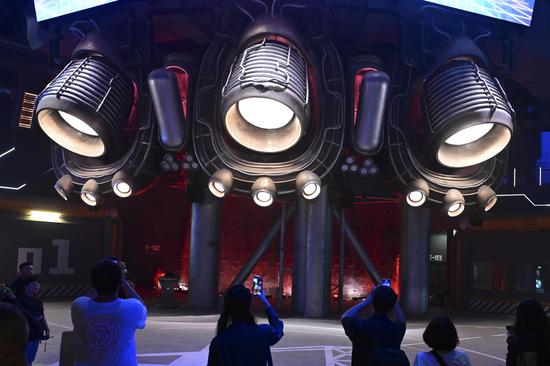
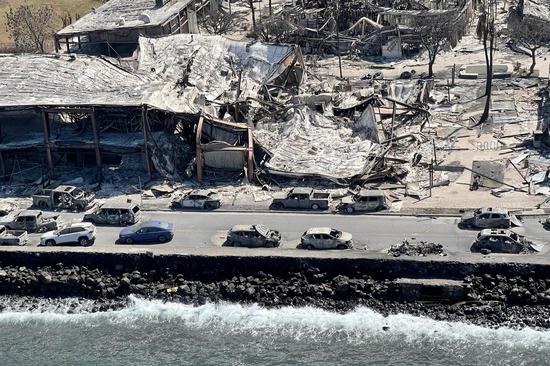
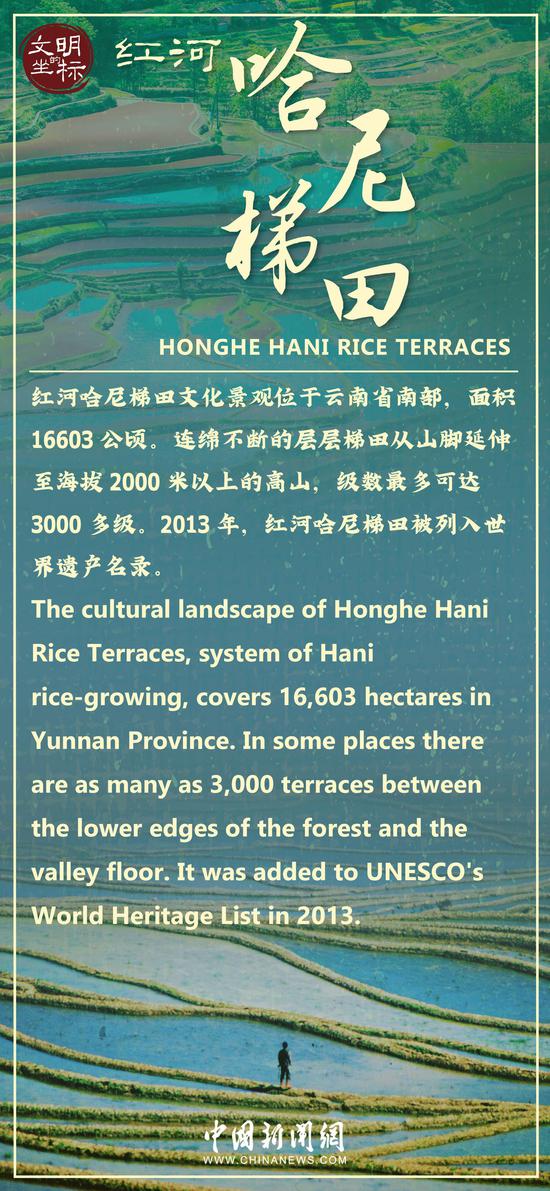
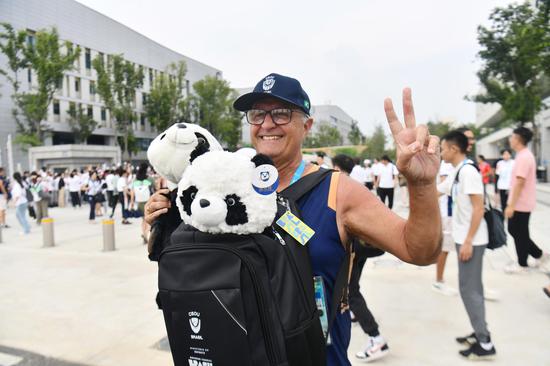
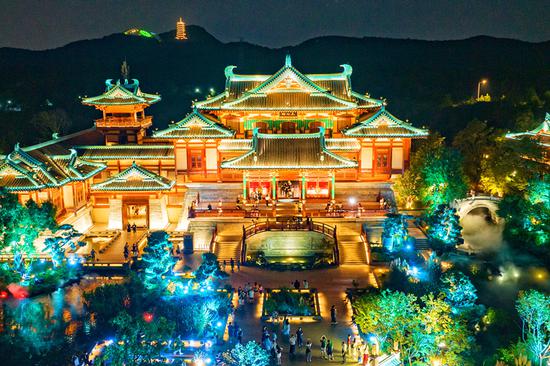
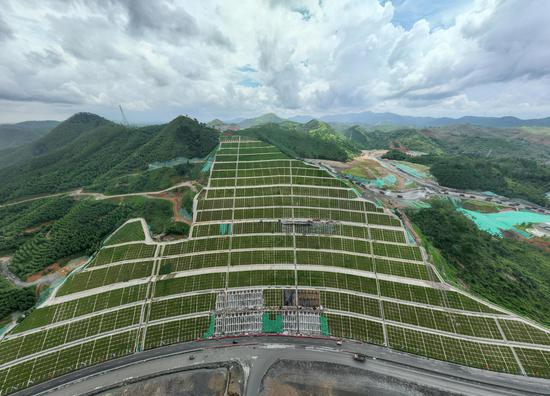

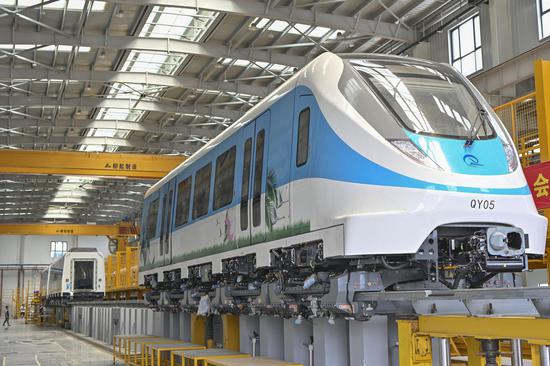
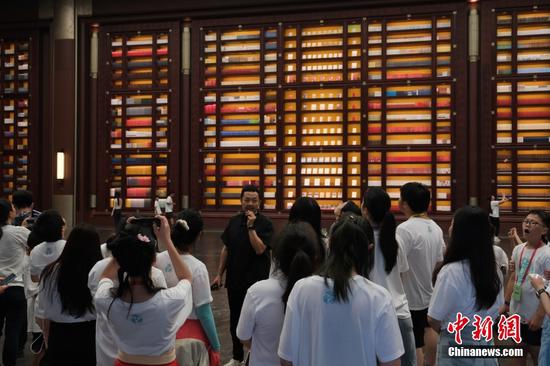
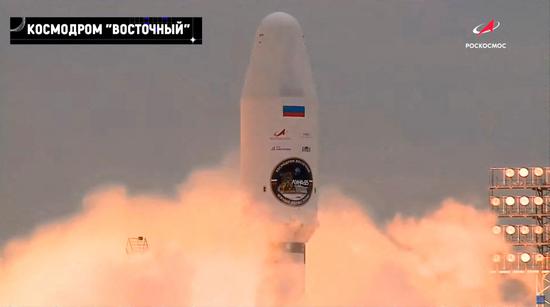
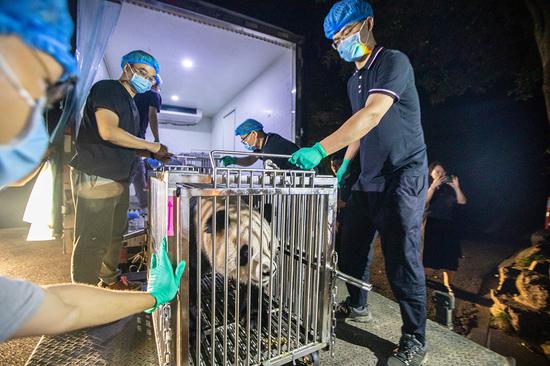
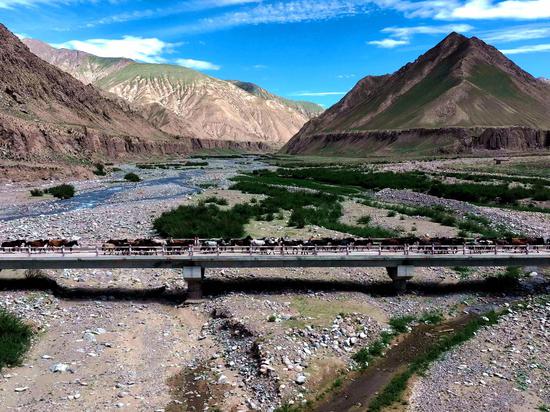
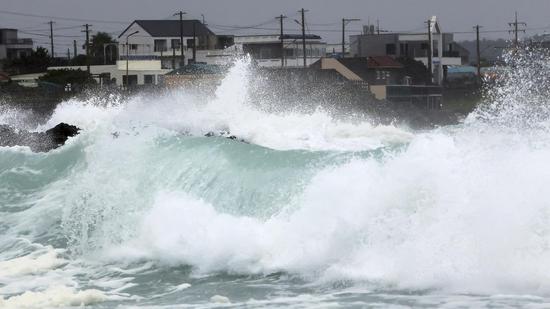
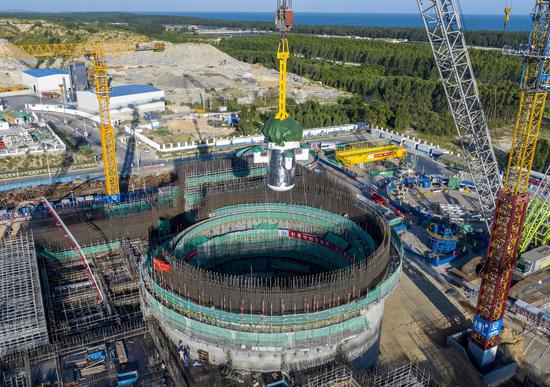
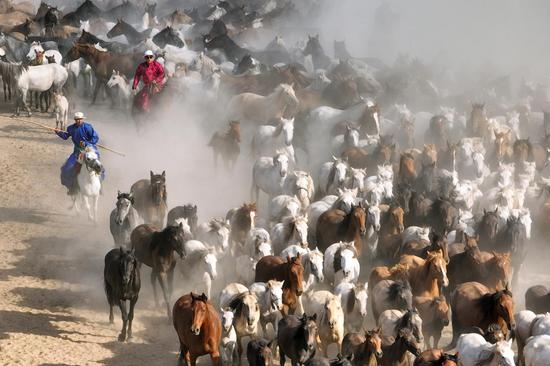
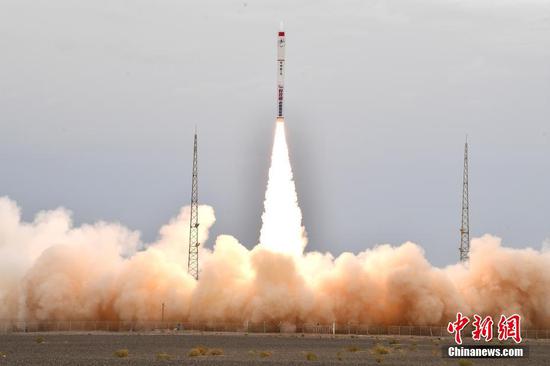
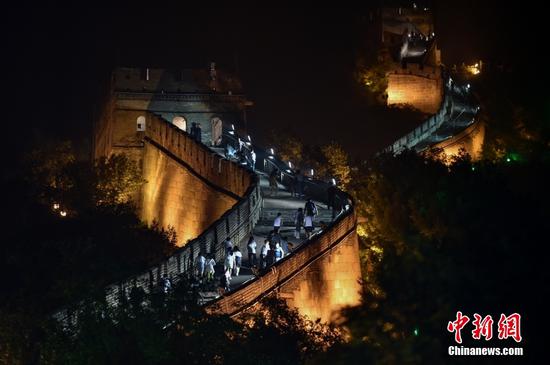
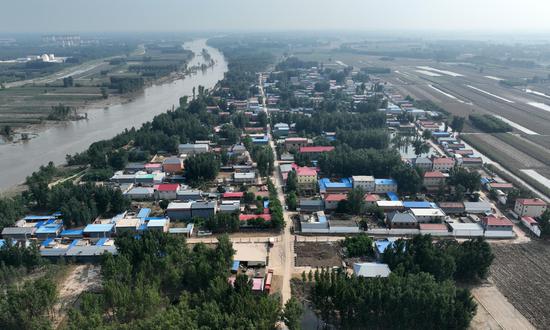
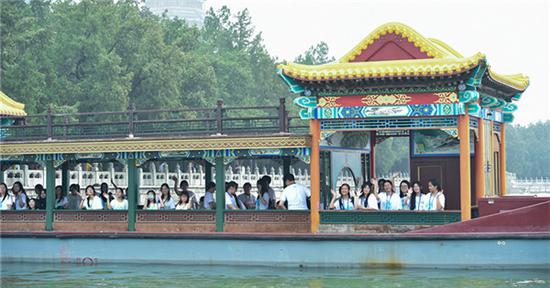

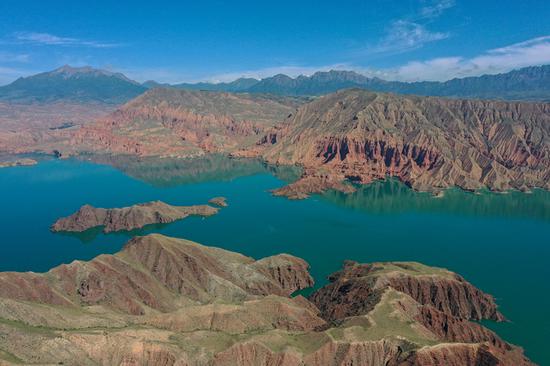

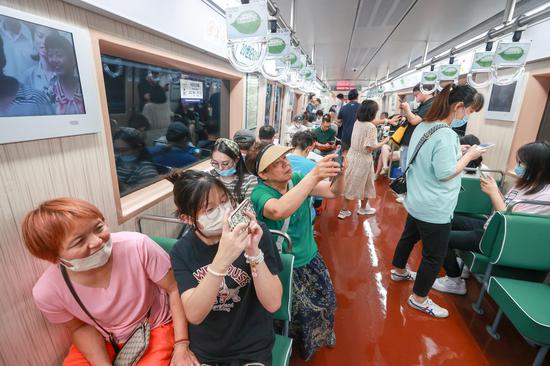
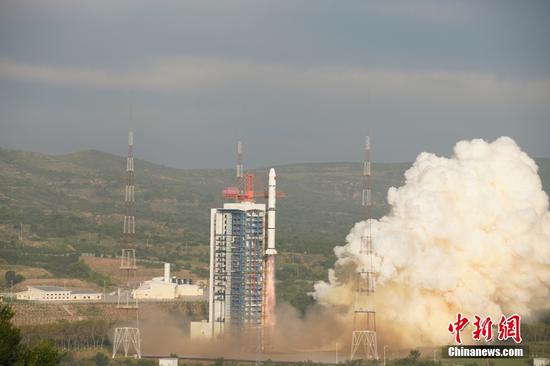
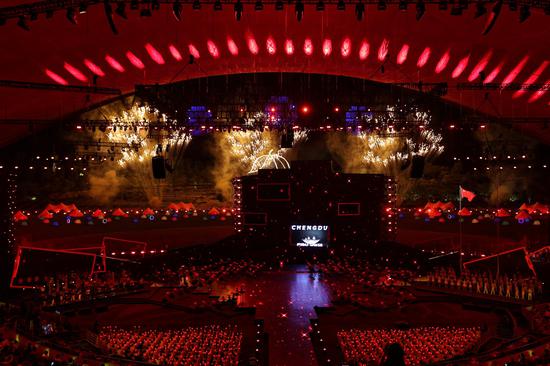
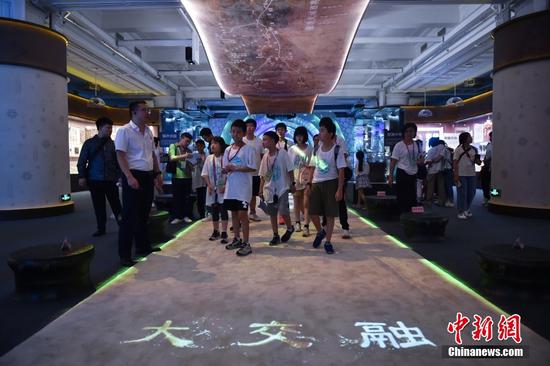
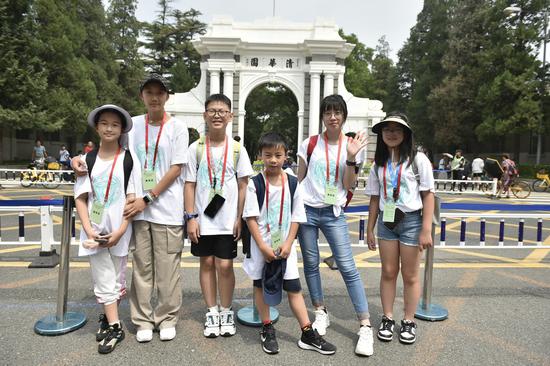
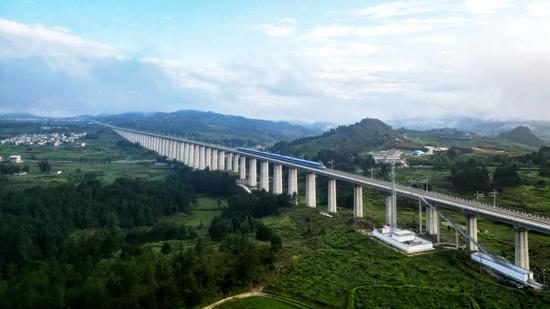
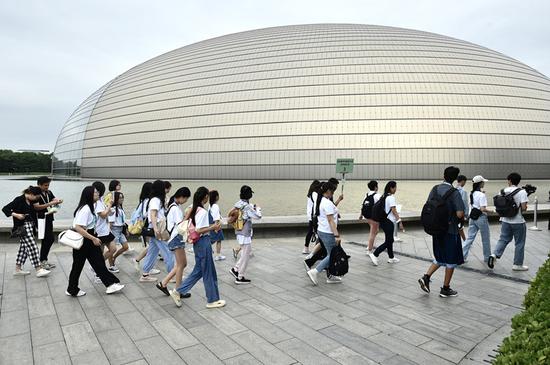
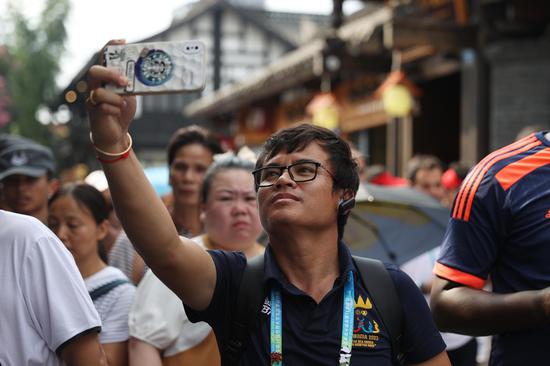






 京公网安备 11010202009201号
京公网安备 11010202009201号